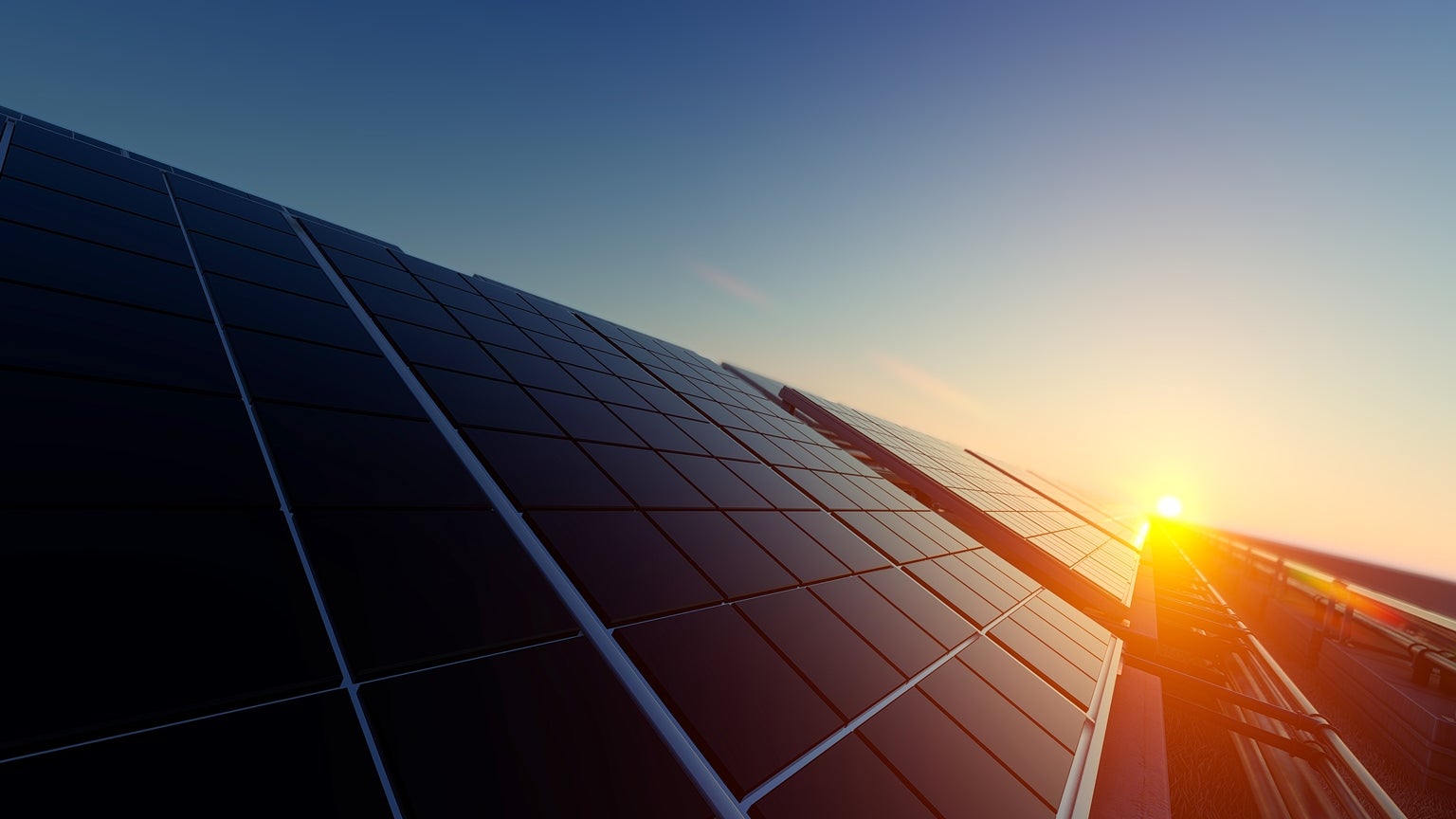
German renewable energy projects developer Juwi has entered into power purchase agreements (PPAs) with Tri State Generation and Transmission Association to build four new solar projects in Colorado.
Upon completion, the four projects will add over 500MW of emissions-free renewable resources to Tri-State’s power supply portfolio by the end of 2023.
The four solar plants include the 145MW Axial Basin Solar located in Moffatt County, the 120MW Coyote Gulch Solar project in La Plata County, the 110MW Dolores Canyon Solar project in Dolores County, the 100MW Spanish Peaks Solar project and the 40MW Spanish Peaks II Solar project to be located in Las Animas County.
Juwi will build, own and operate the four solar plants
When completed, the four solar plants will generate enough clean energy to be supplied to more than 165,000 American households.
Juwi will build, own and operate the projects under separate PPAs with Tri-State. The financial terms were not disclosed.
Juwi Group board member and chief operating officer Stephan Hansen said: “We are very much looking forward to implementing these projects for Tri-State and appreciate the trust placed in our experienced team and our work.
“The solar market in the USA is growing. More and more energy suppliers increase their regenerative generation capacities as part of decarbonization plans. juwi is well positioned to participate in the increasing demand for inexpensive and climate-friendly solar energy.”
The four projects are part of Tri-State’s Responsible Energy Action Plan, under which it targets to add of 1GW of renewable energy to its power supply portfolio by 2024.
Tri-State recently announced six new renewable energy projects in Colorado and New Mexico.
Four of them will be located on the west side of Tri-State’s system, including near Escalante Station and Colowyo Mine, which are scheduled to close by the end of 2020 and by 2030, respectively.






